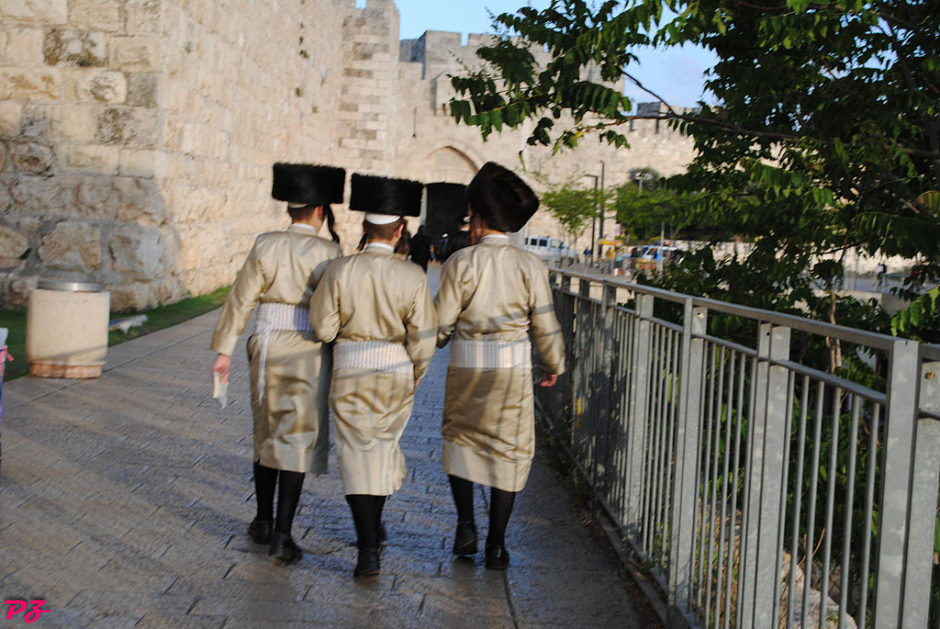Draft- dodging seems to come naturally to the ultra-Orthodox, or haredi, community in Israel. While tens of thousands of new recruits are called up annually to do their national service, risking life and limb to protect their fellow citizens, the vast majority of able-bodied haredi men shamelessly shirk their duty, claiming that their Torah studies are far more important than securing the country.
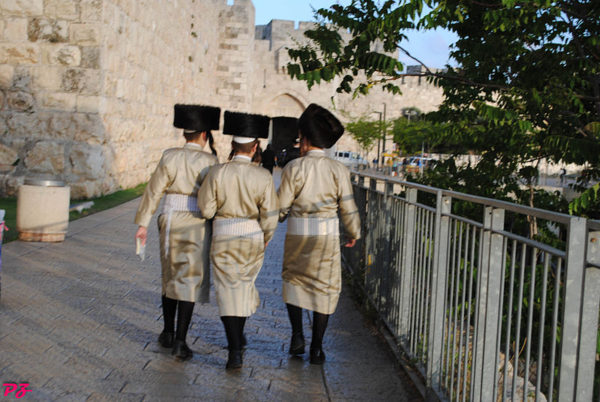
It would not be unreasonable if a few hundred or even a few thousand exceptional Torah scholars were exempted from joining the military. This is what Israel’s first prime minister, David Ben-Gurion, had in mind when he granted deferments to about 400 yeshiva students in 1949. The Holocaust had devoured countless European Torah scholars, and Ben-Gurion — a secular Jew — was persuaded that the new Jewish state had a moral obligation to foster such religious scholarship and restore a tradition that had been almost wiped out by the Nazis just a few short years ago.
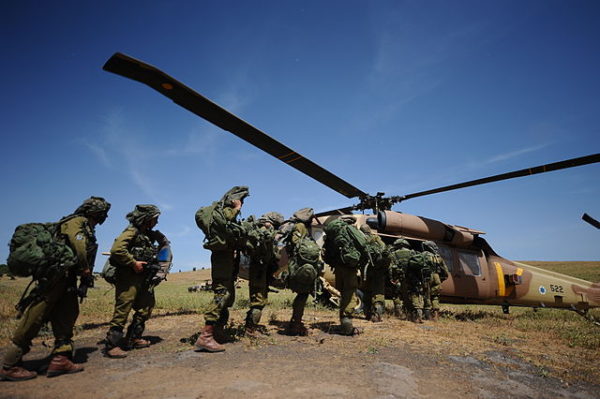
Since then, the system has been egregiously gamed and abused by ultra-Orthodox Jews for their own selfish ends. Thousands upon thousands of haredi students who neither have the aptitude nor even the desire to become first-class scholars have taken advantage of their status to avoid serving in the Israeli armed forces. Israel’s government, headed by Prime Minister Benjamin Netanyahu, cynically looks the other way because he needs the support of haredi parties to maintain his coalition.
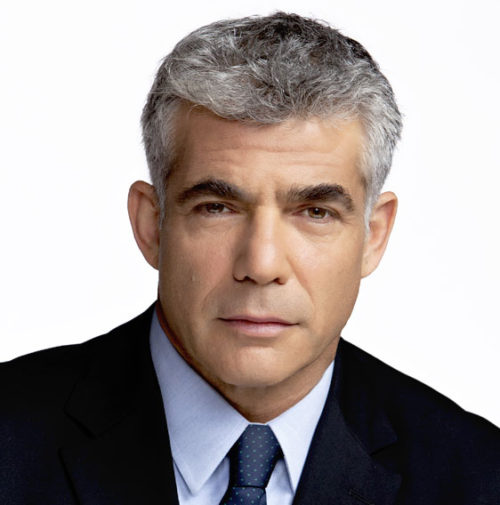
I agree with Yair Lapid, the leader of the Yesh Atid Party, that this is an unacceptable and untenable situation because it perpetuates an unjust regimen of first and second-class citizens in Israel. The draft, he correctly points out, should be universally applied. It is not “just for suckers.”
Which is exactly what the Israeli Supreme Court decreed in a ruling on September 12 when it nullified a cozy arrangement allowing ultra-Orhodox men to avoid compulsory military service. The verdict, which passed by a margin of eight to one, was written by outgoing chief justice Miriam Naor. Calling the exemptions unconstitutional and discriminatory, the court gave the government one year to devise legislation that will satisfy the principle of equality in conscription.
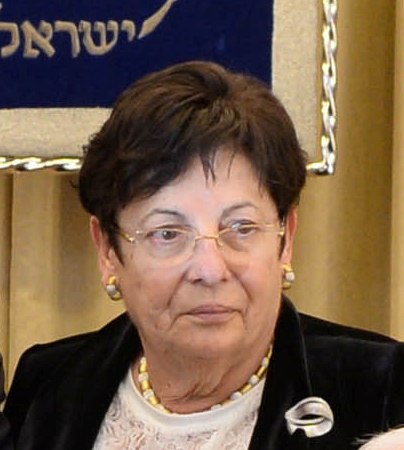
This is an issue that, as Naor correctly wrote, “reflects the history of the State of Israel itself.” Five years ago, the Supreme Court struck down a decade-old law governing exemptions for ultra-Orthodox Jews, hoping that enlistments from their community would increase. But no such thing happened and the status quo remained in force.
In the wake of the 2013 general election, Netanyahu formed a government without the participation of haredi parties, and Yesh Atid, a centrist party, introduced legislation to wind down military exemptions, phase in annual quotas for yeshiva graduates and impose sanctions on draft evaders, all this by the end of 2017.
It seemed as if Israel had finally turned a corner in its attempt to curtail the scope of exemptions.

But after the 2015 election, Netanyahu watered down the legislation, rendering it toothless. He did so because Lapid had left the government and the ultra-Orthodox parties had returned to the coalition. The implication was clear. Being a crass opportunist concerned first and foremost with his political survival, Netanyahu ditched the legislation to appease his haredi coalition partners.
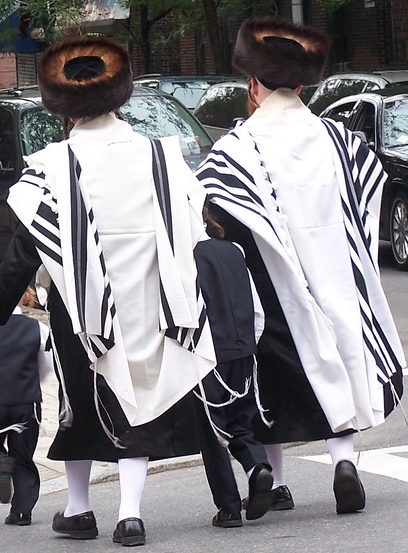
It remains to be seen whether Netanyahu will act to fulfill the Supreme Court’s order. But if the past is any guide, Netanyahu will dither, procrastinate and delay, dealing yet another grievous blow to the principle of equality in military service. In any event, Interior Minister Aryeh Deri, an ultra-Orthodox Jew, has already put the court on notice that he and his constituents will thumb their noses at it.
